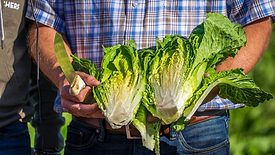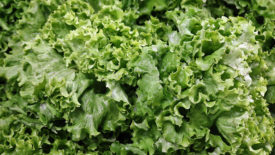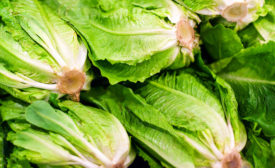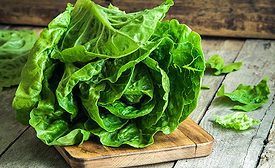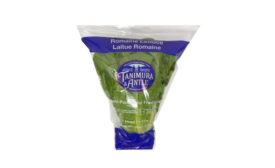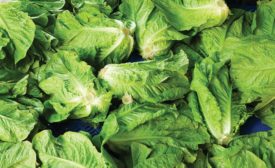Home » Keywords: » lettuce
Items Tagged with 'lettuce'
ARTICLES
Investigation of E. coli O157:H7 outbreak linked to romaine from Salinas, CA: November 2019
FDA continues to warn against eating romaine from Salinas; farm investigations continue
December 13, 2019
Never miss the latest news and trends driving the food safety industry
eNewsletter | Website | eMagazine
JOIN TODAY!Copyright ©2025. All Rights Reserved BNP Media.
Design, CMS, Hosting & Web Development :: ePublishing
